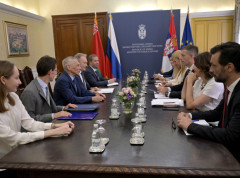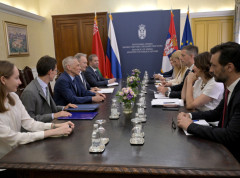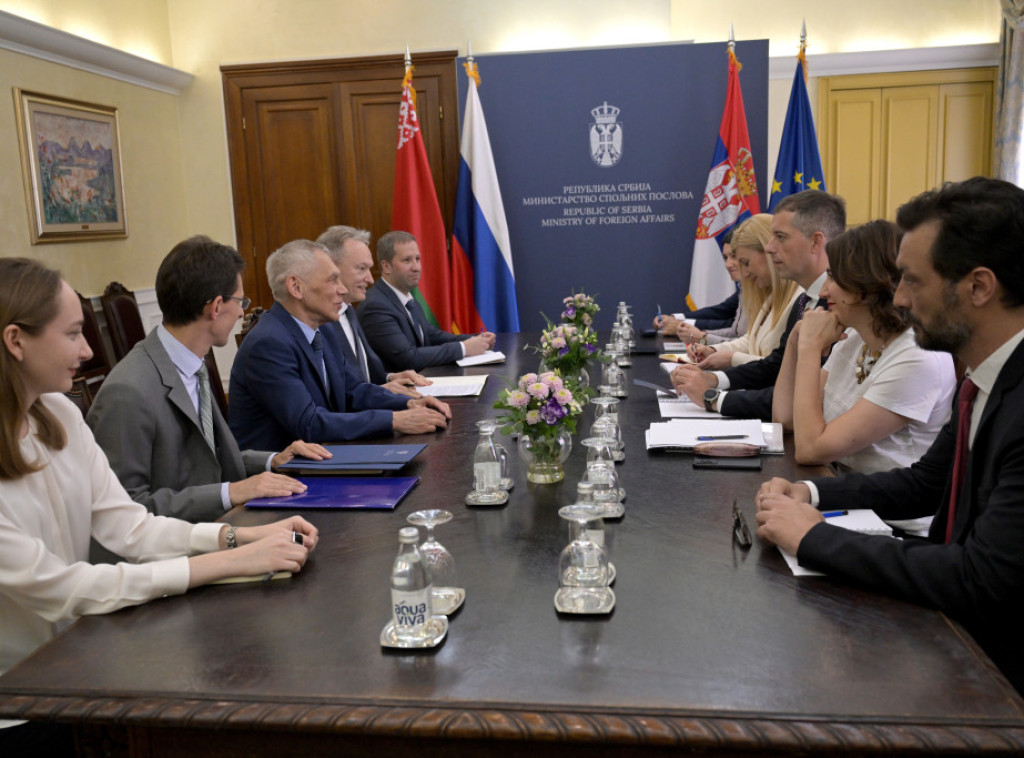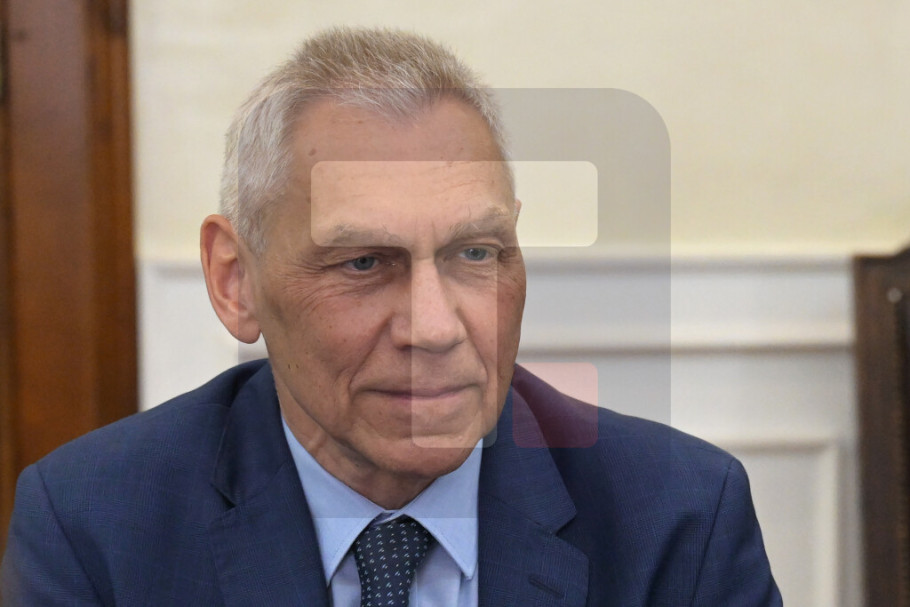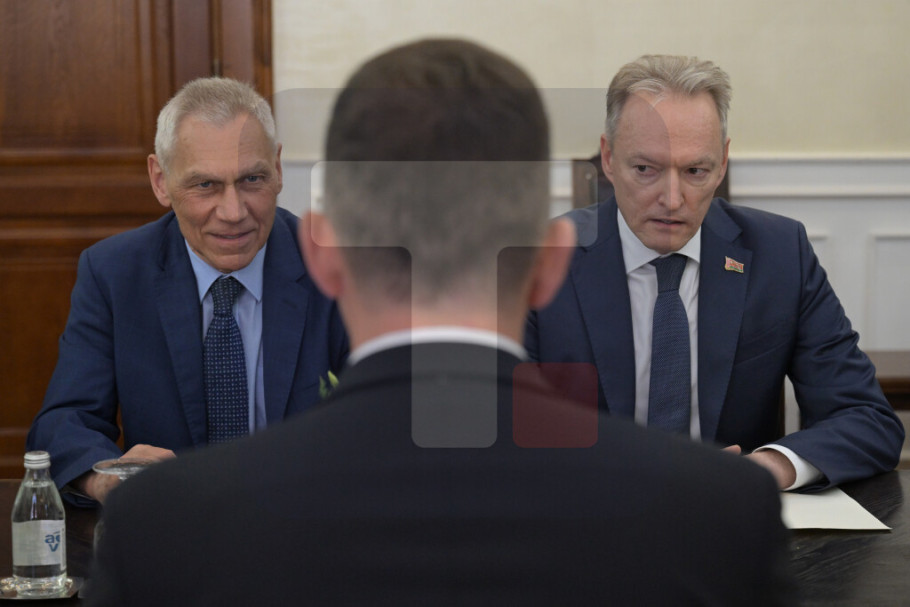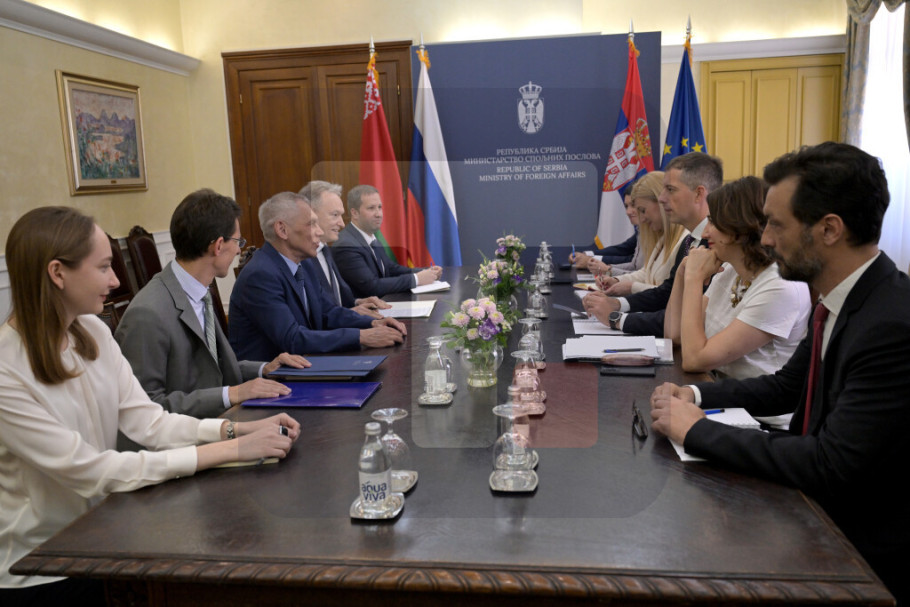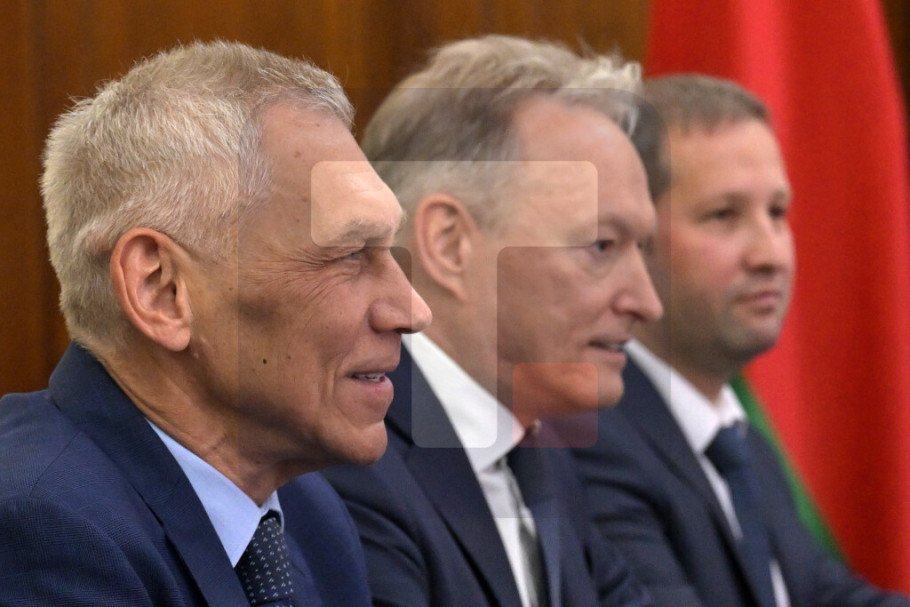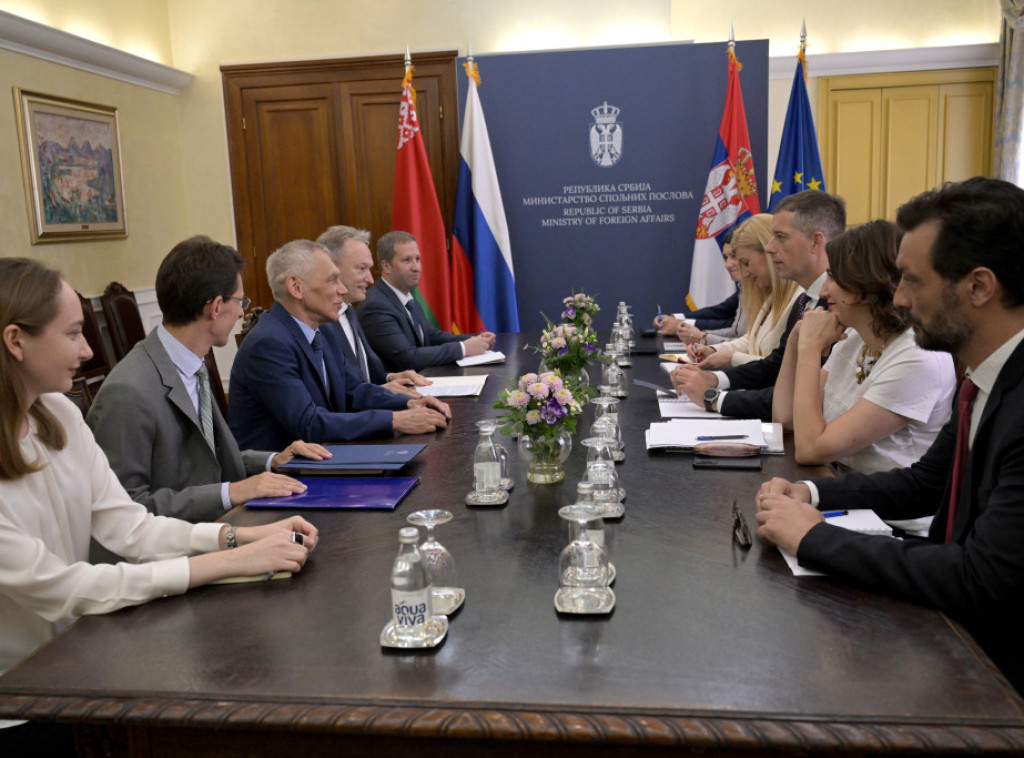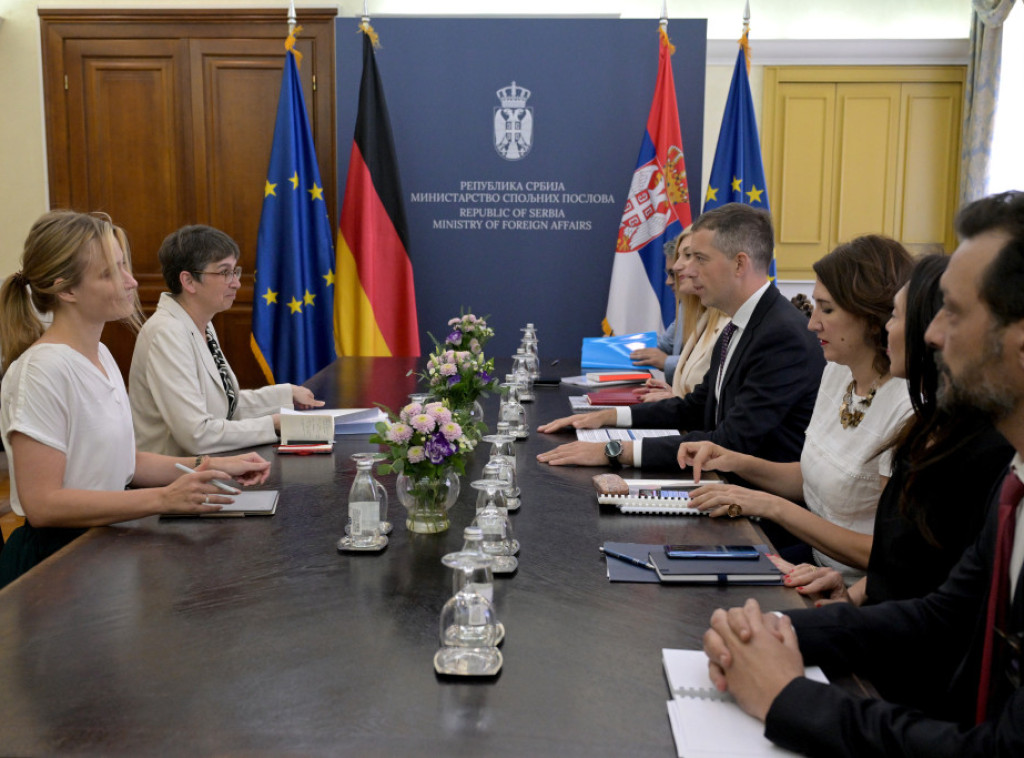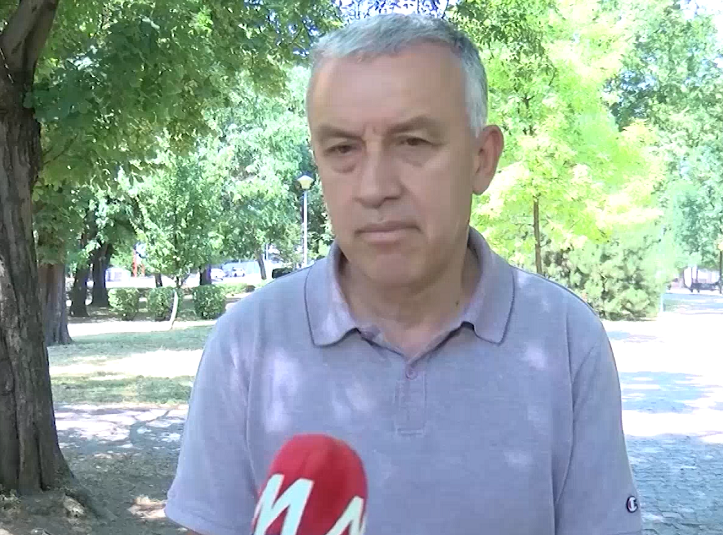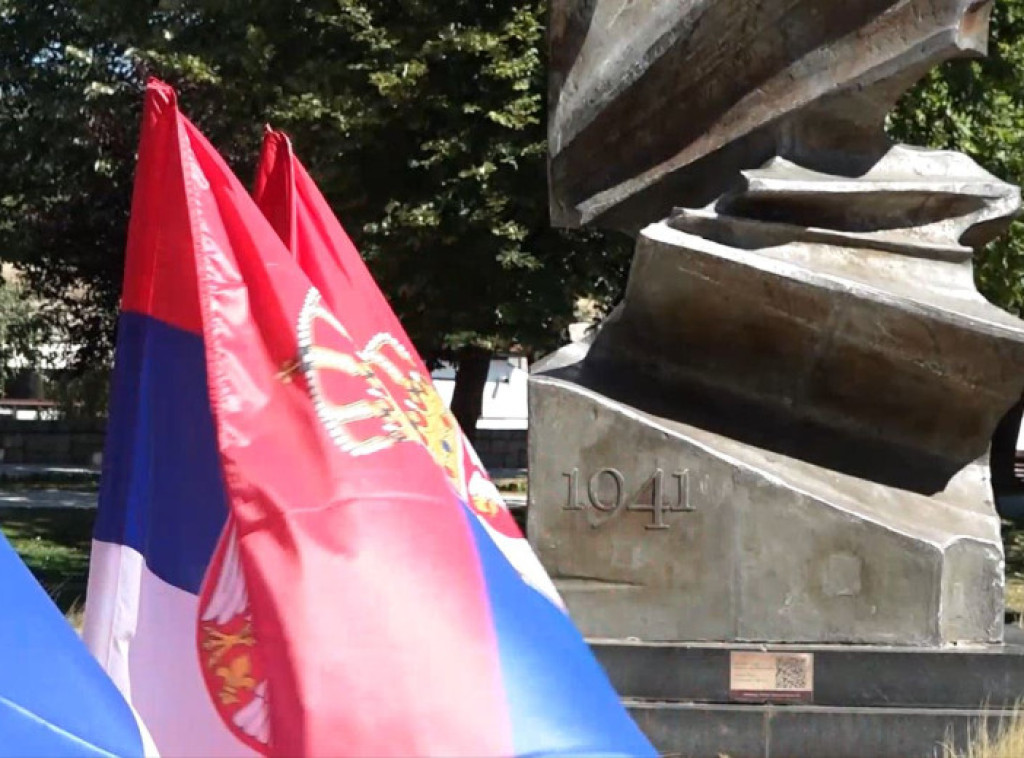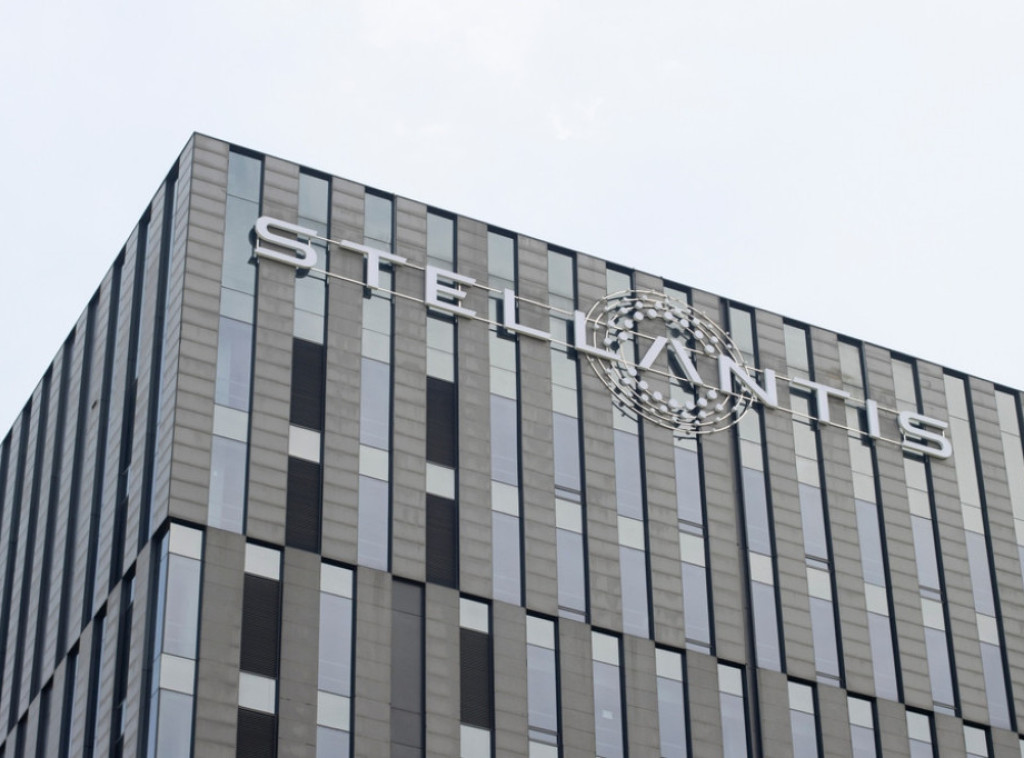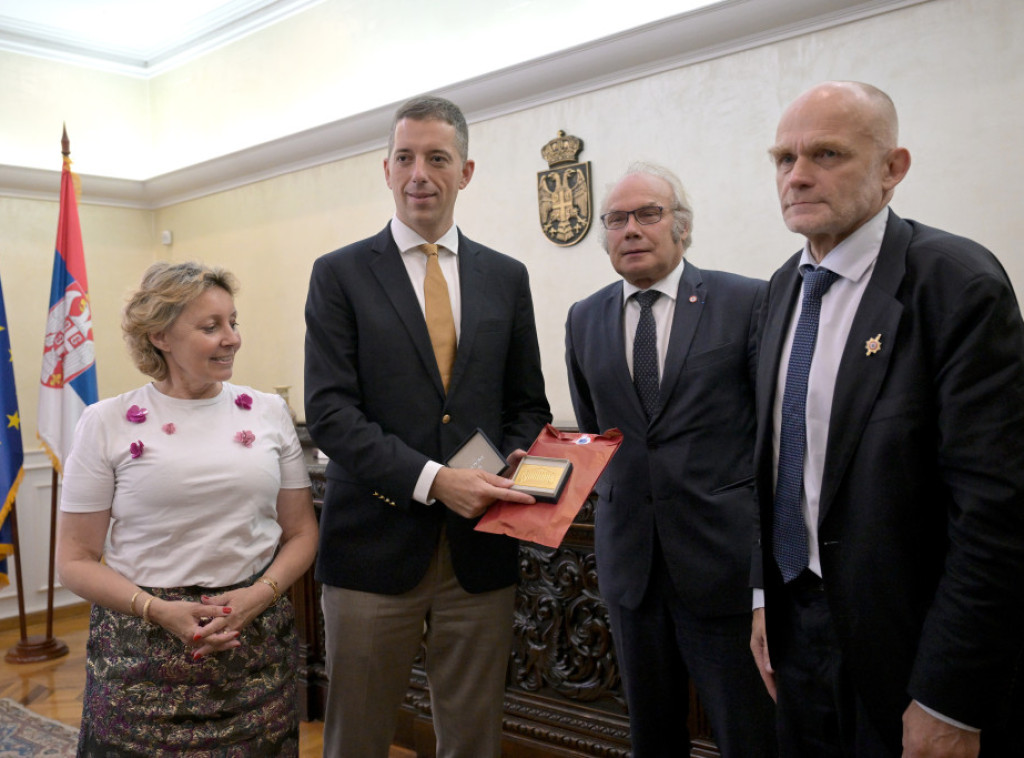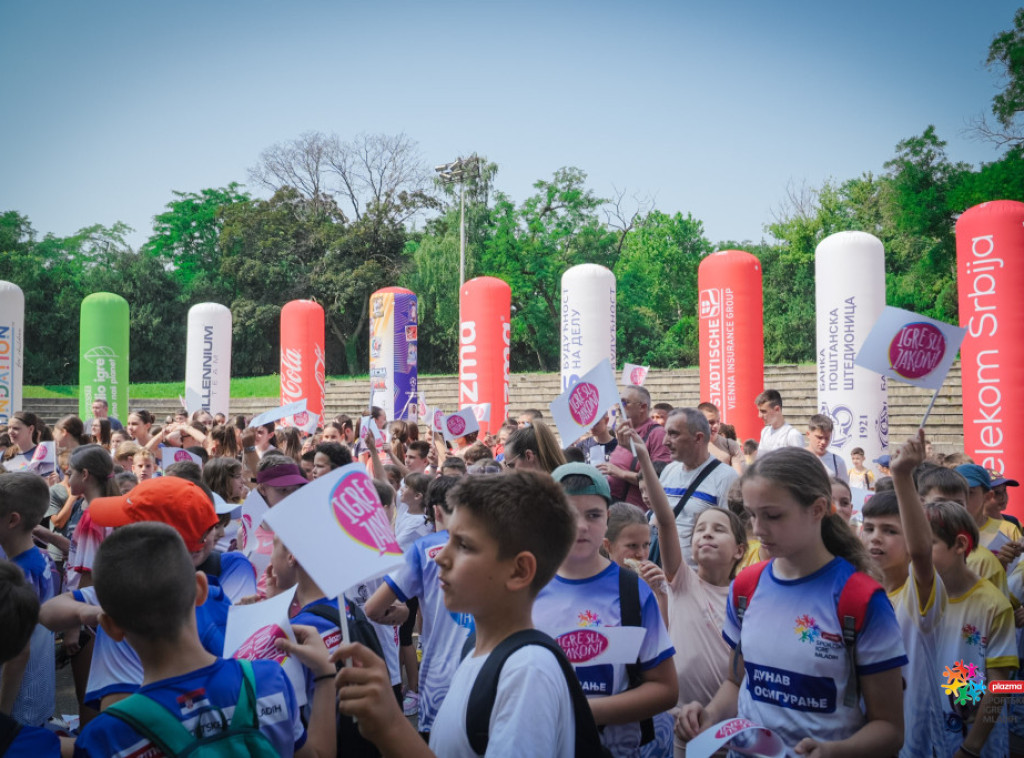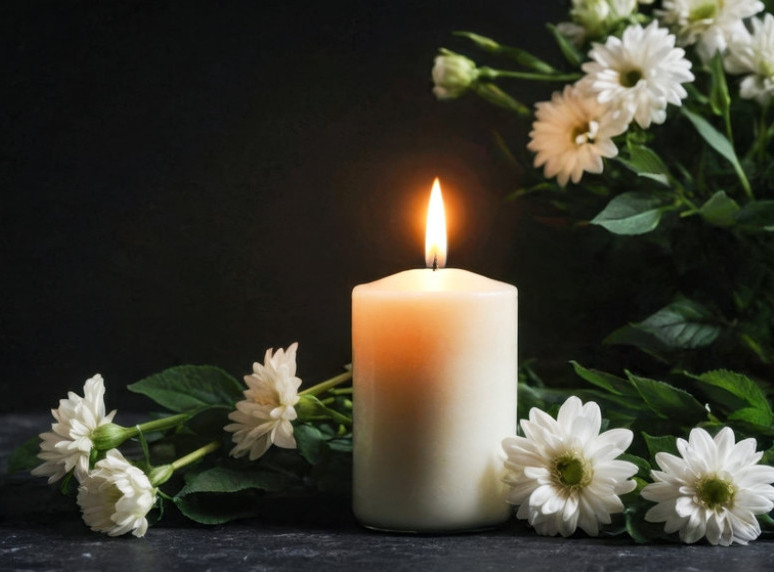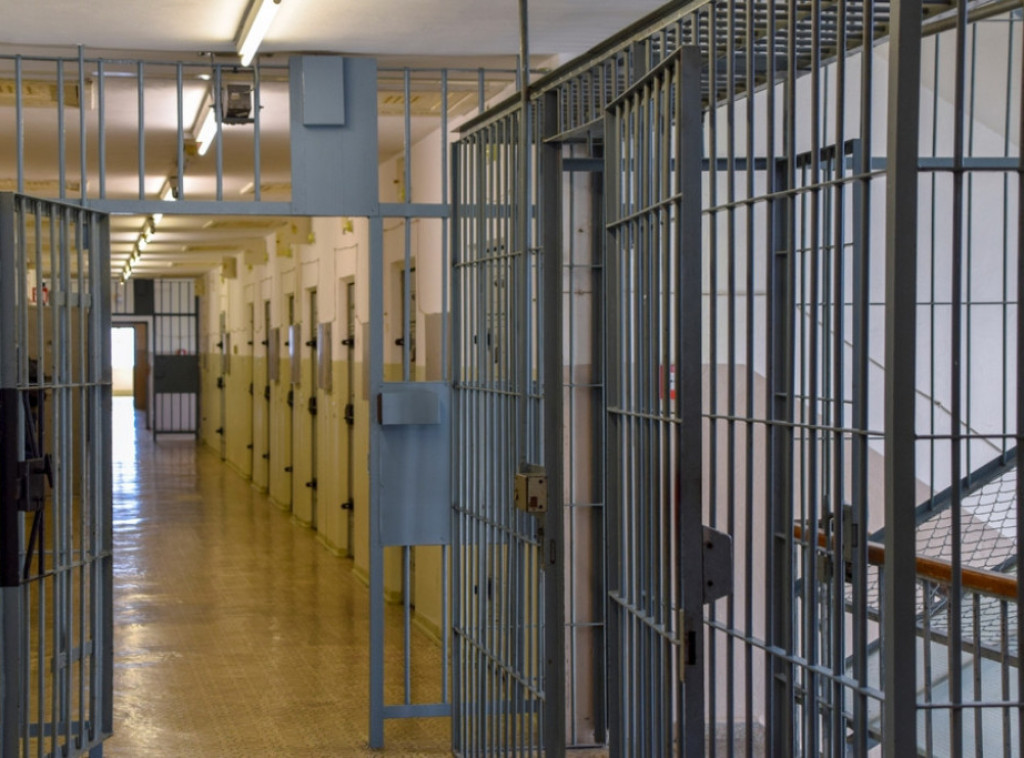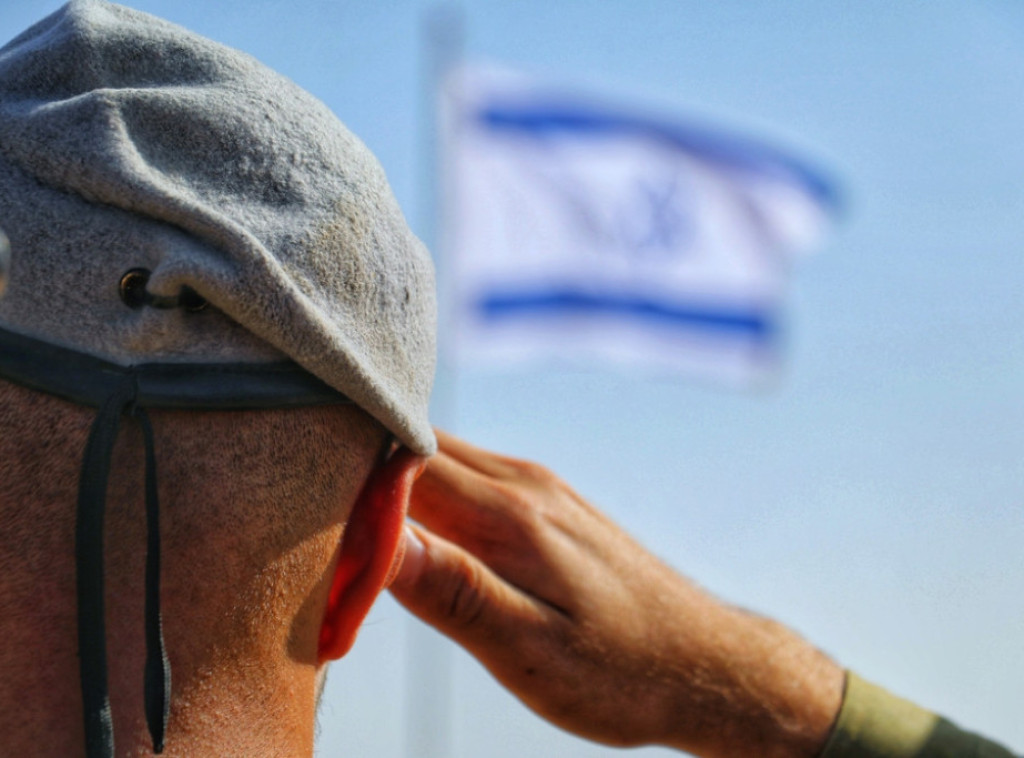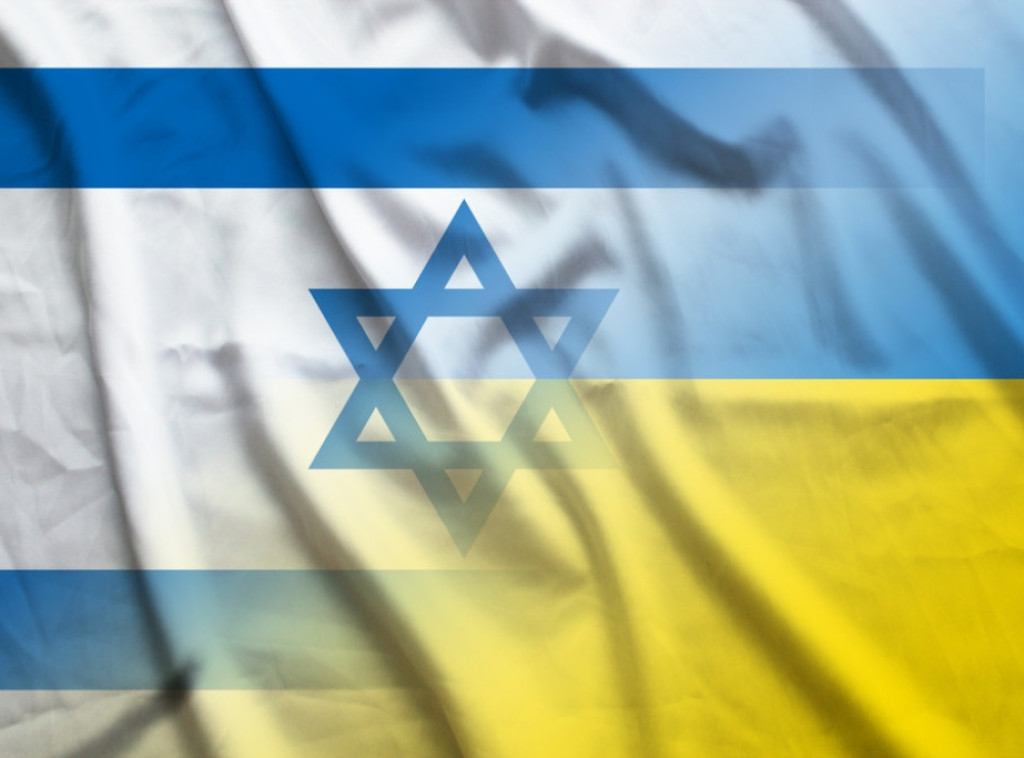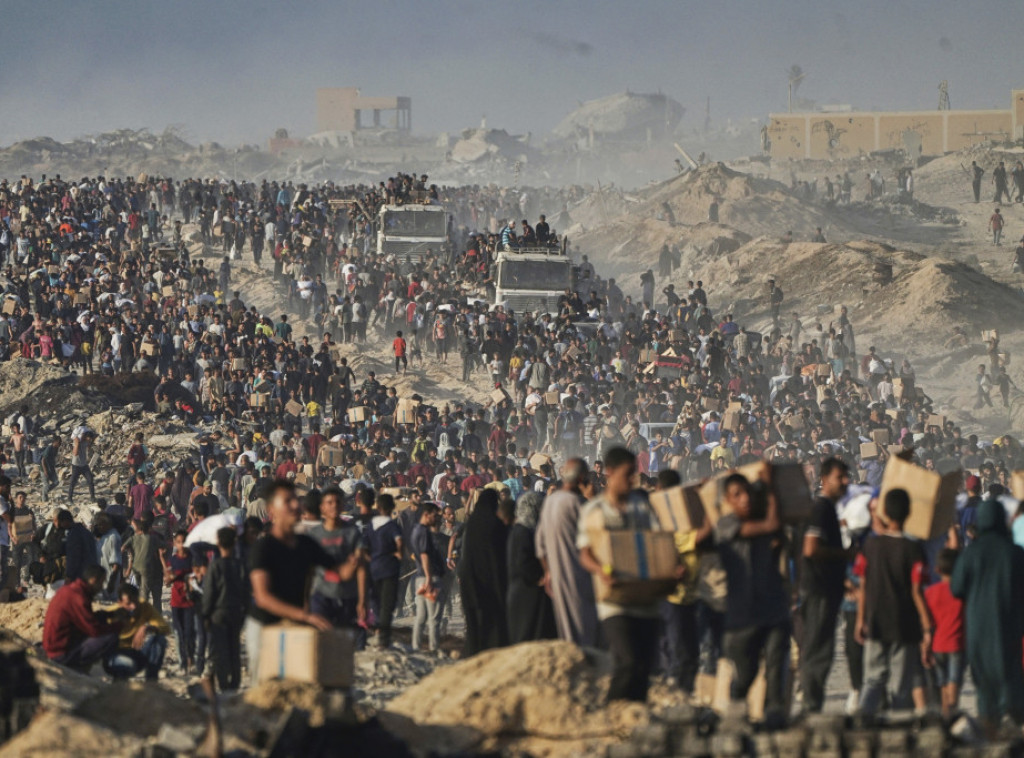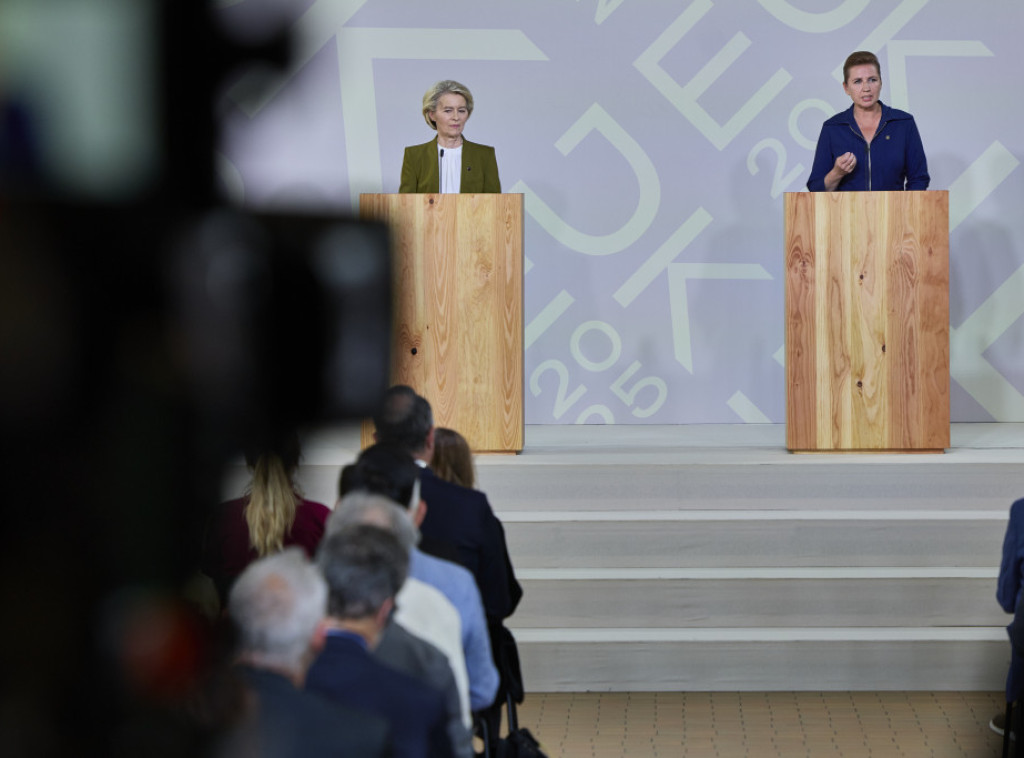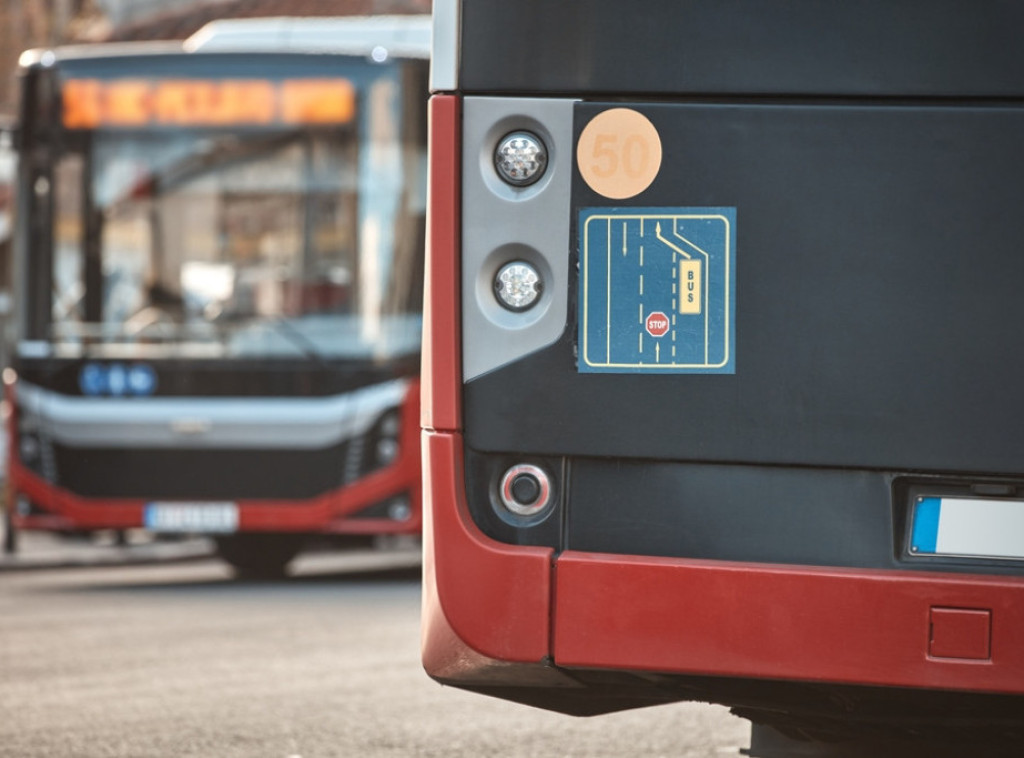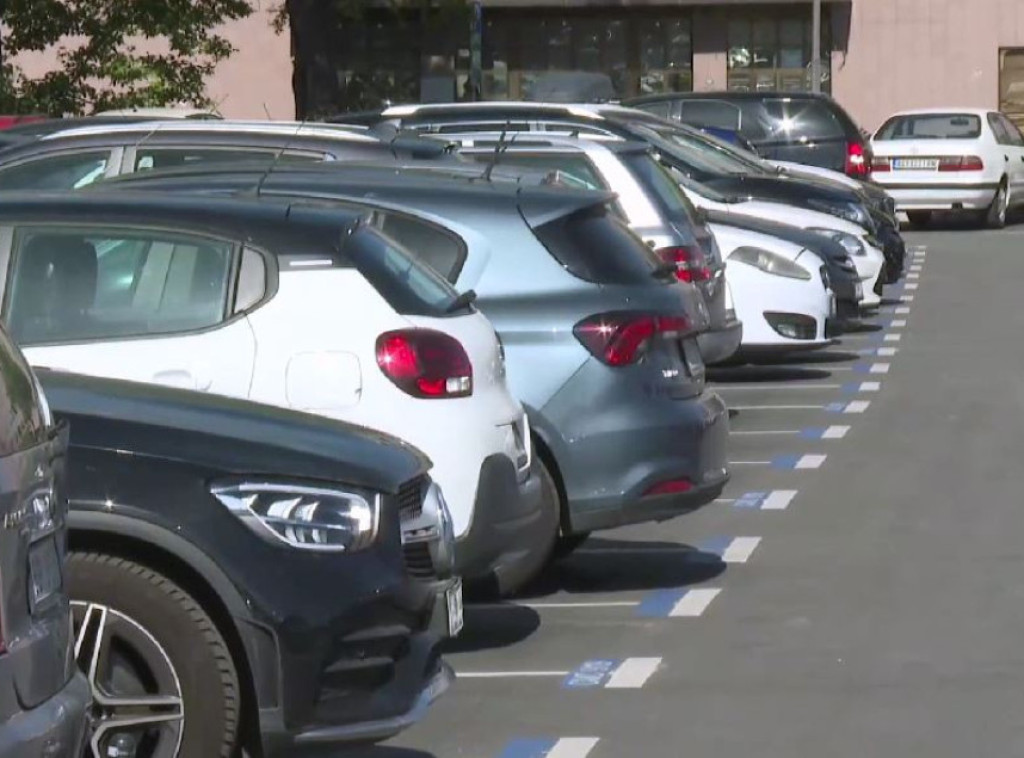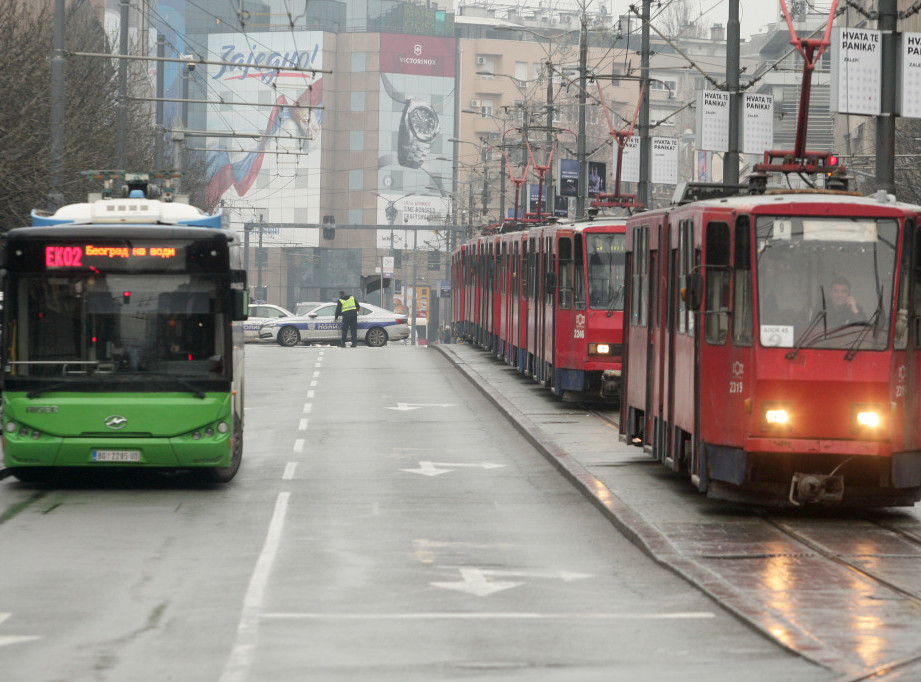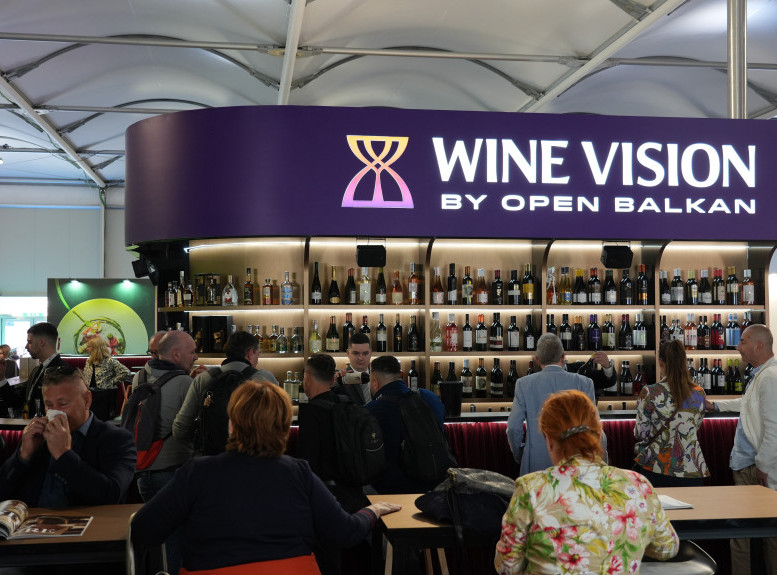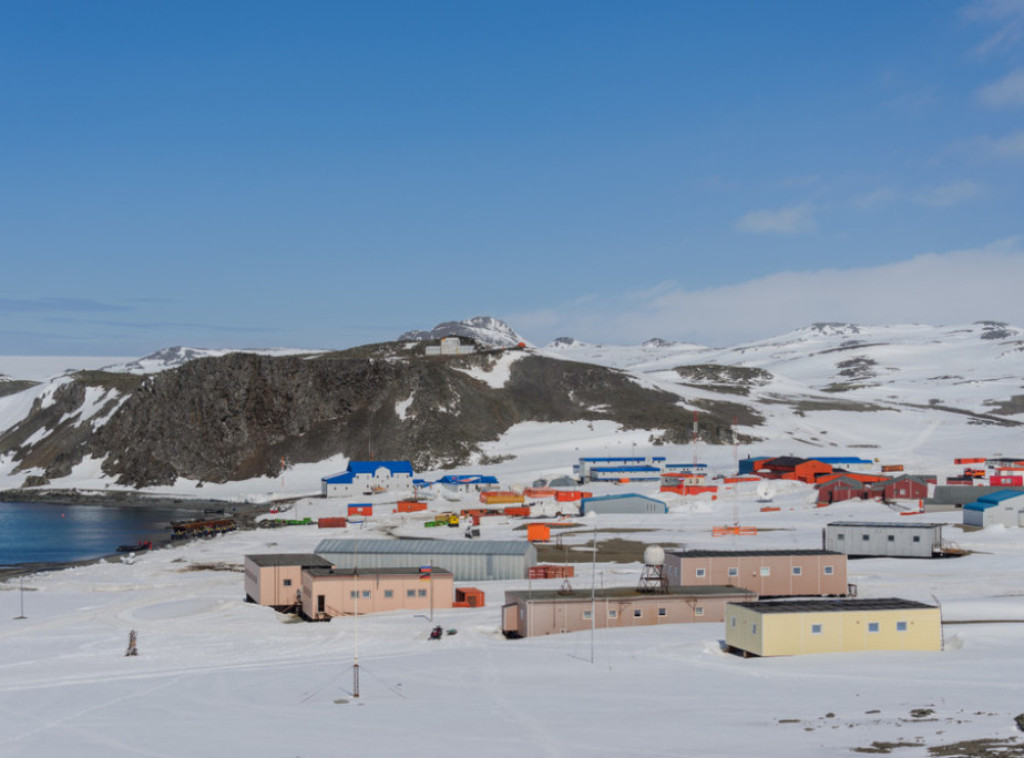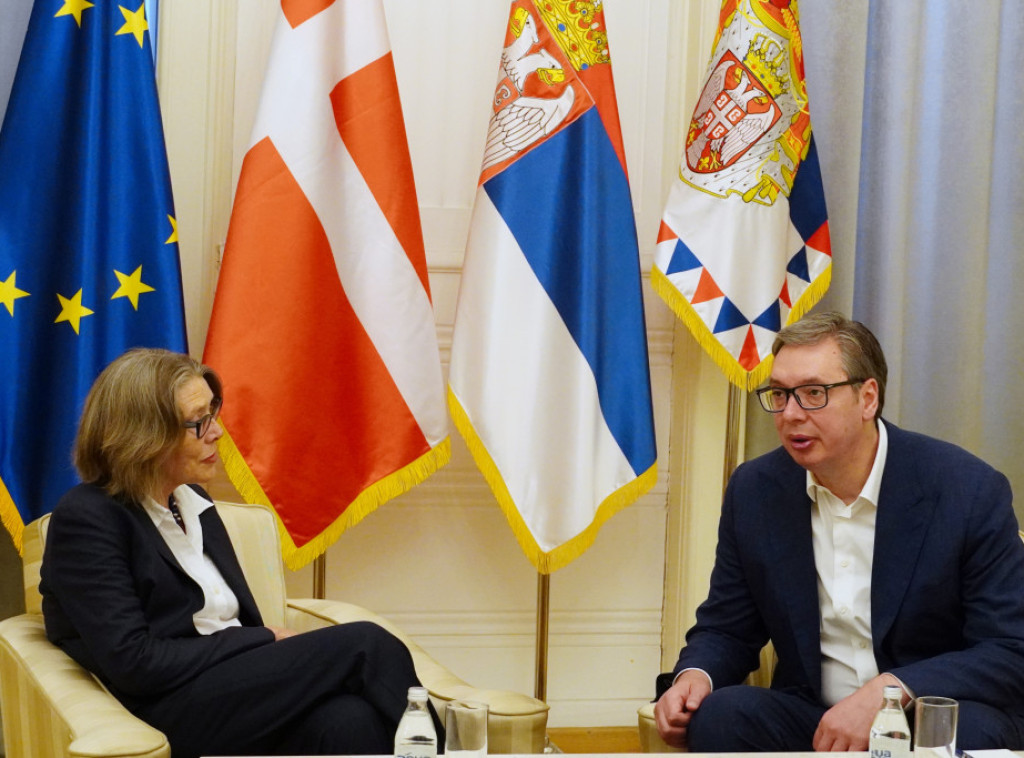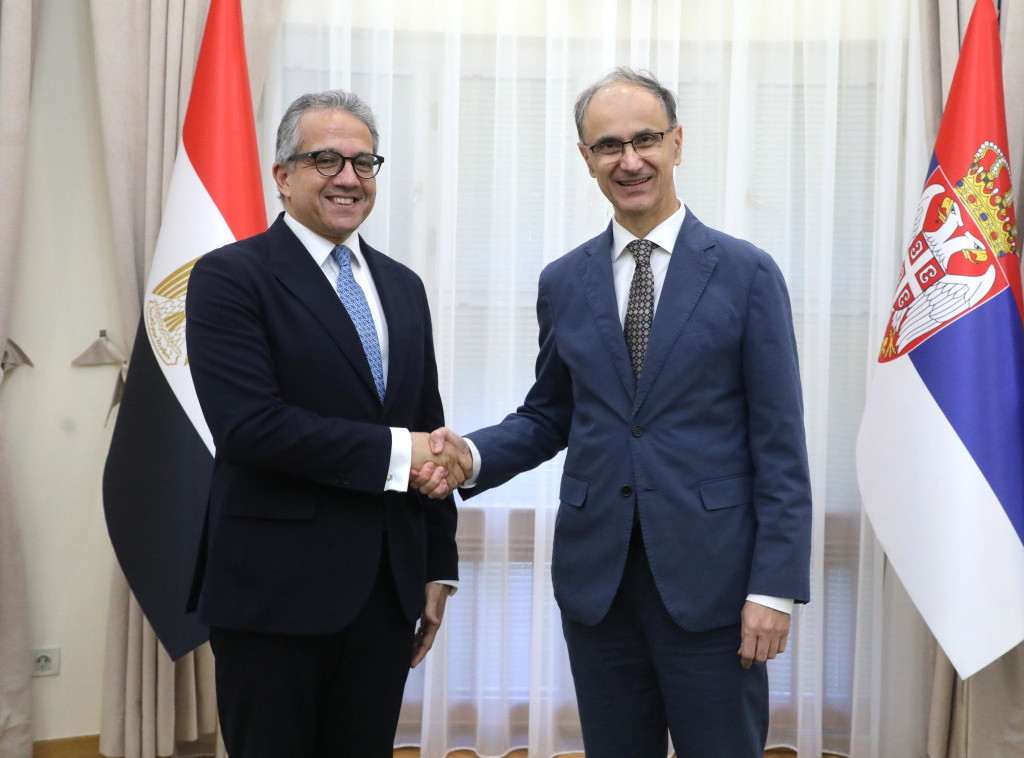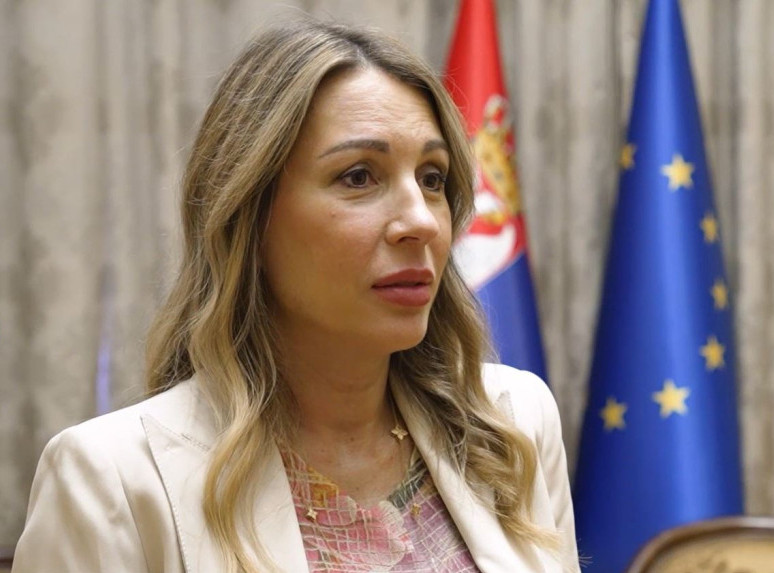Pristina’s Shocking Plans: Two New Bridges Over the Ibar River as a Threat to Serbian Security!
Are you ready for another political circus in the Balkans? While the world looks elsewhere, Pristina is preparing to build not one, but TWO new bridges over the Ibar River, connecting the northern and southern parts of Kosovska Mitrovica. Yes, you read that right – two! But this isn’t just a construction project; it’s a real threat to security and peace in the region.
What’s going on?
Marko Đurić, director of the Office for Kosovo and Metohija, has clearly warned that this unilateral move by Pristina directly contradicts the results of the Brussels Dialogue. While Pristina boasts about its plans, Belgrade sees this as a dangerous provocation that could destabilize the entire province.
Why are the bridges a problem?
At first glance, bridges sound like a good idea – better connectivity, easier traffic. But not here. These bridges could symbolize new division and control, not bridges of peace. The northern part of Kosovska Mitrovica is predominantly Serbian, while the southern part is Albanian. Building bridges without agreement could change the demographic and political landscape, which is a red flag for anyone who wants stability.
Political charges and tensions
As if the bridges weren’t enough, Pristina has launched a new wave of politically motivated charges against Serbs. The regime of Prime Minister Albin Kurti, according to Belgrade, is running a real scheme aimed not only against the Serbian people but also against the international community and its efforts to maintain peace.
What do the ambassadors say?
Marko Đurić discussed the situation with Russian and Belarusian ambassadors, Aleksandr Bocanharčenko and Sergei Malinovski. Their support for Belgrade at this moment is important as it shows the international scene is watching and cannot ignore the potential danger.
Why does this matter?
Because it’s not just about bridges. This is a test of how much Pristina and the international community will respect agreements and the rights of Serbs in Kosovo and Metohija. Every move that disrupts peace can spark new conflicts, and nobody wants that.
Conclusion
While Pristina builds bridges, Belgrade builds walls of caution. This situation is yet another proof that peace in the Balkans is far from stable. If you think bridges are just construction projects, think again – they are now political bombs with lit fuses.
So, what do you think about these bridges? Are they really bridges or traps? Drop a comment, let the people’s voice be heard – because this is not just about stone and concrete, but the future of the entire region.





